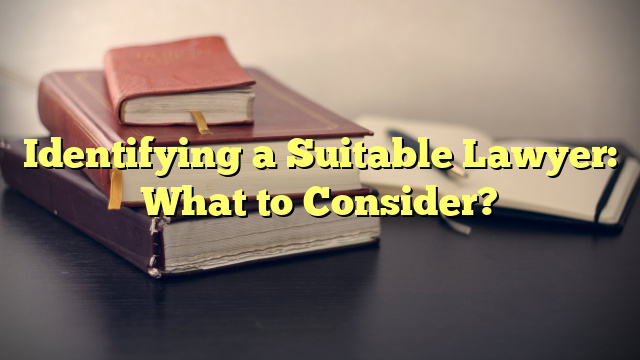Table of Contents
Research
It’s a good idea to do some research before you contact a lawyer. Look up reviews and ratings of lawyer websites, and read through testimonials from former clients. This will give you an idea of the lawyer’s reputation, which will help you decide if he or she is the right person for you. You should also read through their website to get a better sense of their qualifications and experience. Check out their credentials, such as their bar association membership and any awards or accolades they may have received.
Interview
Once you’ve chosen a lawyer, it’s important to arrange an initial interview. This will give you an opportunity to get to know the lawyer, ask questions, and explain your legal issue. Ask questions about the lawyer’s experience, their approach to cases, and the fees they charge. Make sure you understand the terms of any agreement you make with the lawyer, and always get a written copy. Be honest with your lawyer about your case and any facts that may be relevant to it. If you’re not sure about something, don’t hesitate to ask.
Legal Representation
If you decide to hire the lawyer, they will become your legal representative in the case. Your lawyer will be responsible for filing all the necessary paperwork, representing you in court, and providing legal advice. In some cases, the lawyer may also provide you with advice on how to best present your case and how to handle negotiations. It’s important to discuss your expectations with your lawyer so that you know what to expect and so that your lawyer can ensure they provide you with the best possible representation.
Consultation
Before you agree to hire a lawyer, you should arrange a consultation with them. During the consultation, you will have the opportunity to ask questions and discuss the specifics of your case. Ask questions about the lawyer’s experience, their approach to cases, and the fees they charge. Make sure you understand the terms of any agreement you make with the lawyer, and always get a written copy. Be honest with your lawyer about your case and any facts that may be relevant to it. If you’re not sure about something, don’t hesitate to ask.
What should you not say to a lawyer? You should always be honest with your lawyer, but you should also be mindful of the information you share. Don’t provide any information that may be used against you in court. Additionally, don’t make any promises to your lawyer that you may not be able to keep.
Do lawyers take on losing cases? Lawyers take on cases they believe they can win. It’s important to be honest with your lawyer about the chances of success, as this will help them decide if they should take on your case.
How long should it take for a lawyer to get back to you? Once you have contacted a lawyer, it is usually best to give them a few days to respond. If you haven’t heard back from the lawyer after a few days, follow up with them to ensure they received your message.
How do you win a case with a lawyer? Winning a case with a lawyer involves being prepared and organized. Your lawyer will need accurate and detailed information about your case in order to build a strong case for you. Additionally, your lawyer may advise you on strategies for presenting your case in court, negotiating settlements, and more.


Knowing whether a lawyer will take your case is important. Doing research on experience and reputation can help give clues as to whether your case will be taken on.
While it is important to find out if a lawyer will take your case, I believe there are more factors to consider than just whether the lawyer specializes in your case. Additionally, it’s important to look into the lawyer’s track record and read reviews from past client experiences. Factors like communication style and the cost of the services should also be taken into account.
Consider all factors when choosing a suitable lawyer.